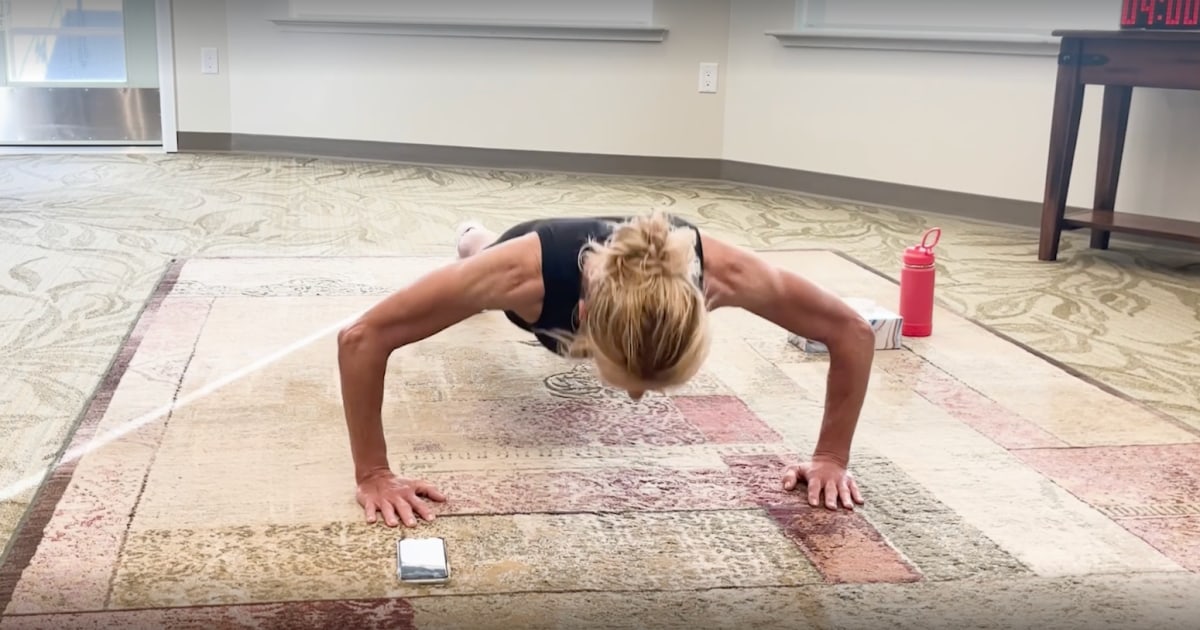Nearly half of British workers are turning to side hustles to boost their salaries – with Gen-Z fuelling a rise in so-called ‘portfolio careers’.
Research, conducted by Censuswide on 2,000 adults, found 45 per cent of people were relying on a number of diverse income streams to sustain their lifestyle.
The trend largely relates to young people, with the average side hustler earning an extra £590 a month outside their salary – close to £7,000 a year in additional income.
And with one in five people found to be running multiple side hustles alongside their day job, it is perhaps no surprise that Gen-Z are the most reluctant to return to the office.
A poll previously found half of these 16 to 24-year-olds would quit their jobs if they were forced into the office more than three days per week.
And Gen-Z is openly a fan of flexible working arrangements, with staff on the clock known to nip out for the odd coffee or two, get on top of house chores or – for some – even take a nap while on company time.
But the latest research, published by Sage, found 75 per cent of people in UK believe ‘side hustling’ while holding down a 9-5 is the ‘new normal’.
And 43 per cent of under 34s said their boss has allowed them to make changes to their working hours to accommodate their ‘side hustles’.
One person who found success with the ‘portfolio career’ method is Natalie Glaze (above)
One person who found success with the ‘portfolio career’ method is Natalie Glaze.
Natalie – the founder of Stay Wild Swim and By Glaze – set up both businesses as side hustles while working full time, and describes it as a ‘balancing’ act.
She said: ‘I started both of my businesses as side hustles while working full-time, so I understand the hard work and passion that goes into balancing a main job with other ventures.’
Natalie said having multiple income streams could well be ‘the future of work’.
‘Side hustles are the perfect way to dive into something you love without the risk of quitting your day job – and in today’s economy, they’ve become a crucial way to start a business with the safety net of a salary.
‘It’s exciting to see that so many people now see side hustles as the future of work, and I can’t wait to see what’s next for this generation of entrepreneurs.’
The research found some 71 per cent of those with ‘side hustles’ view them as a source of financial freedom, with 66 per cent of Gen Z prepared to take on their projects full time.

Natalie – the founder of Stay Wild Swim and By Glaze – set up both businesses as side hustles while working full time, and describes it as a ‘balancing’ act

Natalie said having multiple income streams could well be ‘the future of work’
However, the majority of all age groups would rather keep their main job regardless of how successful their business became.
Reselling is by far the most popular ‘side hustle’, followed by freelance writing, making handmade products, tech support and consulting.
Grace Hardy, founder of Hardy Accounting, said she has seen ‘firsthand’ how Gen-Z is ’embracing side hustles to build new income streams’.
‘We’re balancing everything from freelance work to digital reselling alongside our main jobs.’
It’s no secret that running ‘side hustles’ must be easier with hybrid working – that is, part time working from home – and this could explain the Gen-Z reluctance to return to the office.
Research released in September found that nearly half of young workers would quit their jobs if they were forced into the office more than three days a week.

Nearly half of British workers are turning to side hustles to boost their salaries – with Gen-Z fuelling a rise in so-called ‘portfolio careers’. Pictured: Stock image
In short, the poll revealed growing demands for flexible working, particularly among younger generations.
Four in ten (39 per cent) of the 2,000 desk-based employees questioned said they would resign if they were told to give up working from home more than three days a week.
But among Gen-Z – 16 to 24-year-olds – the proportion prepared to quit rose to half (49 per cent).
A similar number of young workers (52 per cent) believe that going in to the office is a ‘waste of their time and money’, the research by HR software firm Personio found.
And of the 1,000 HR managers questioned, more than half (56 per cent) admitted their staff have been reluctant to get back to their desks since Covid restrictions ended.










